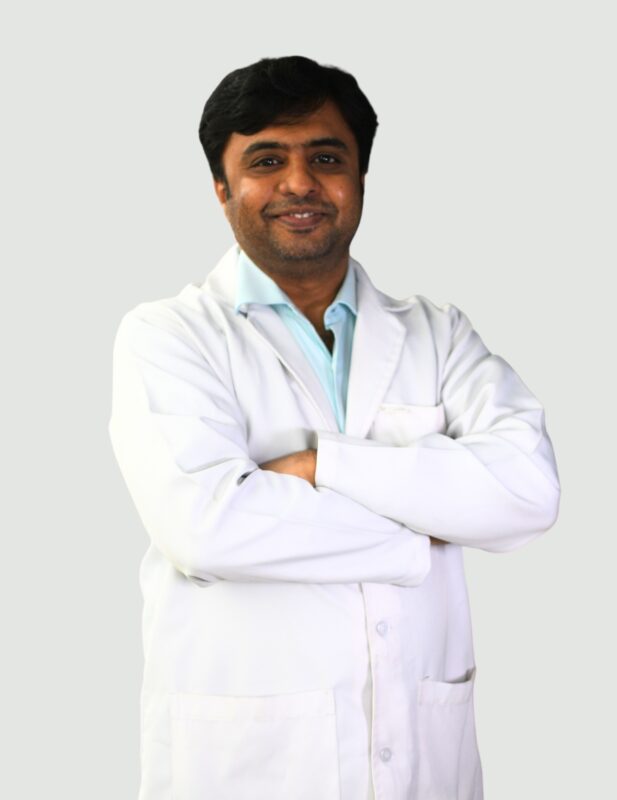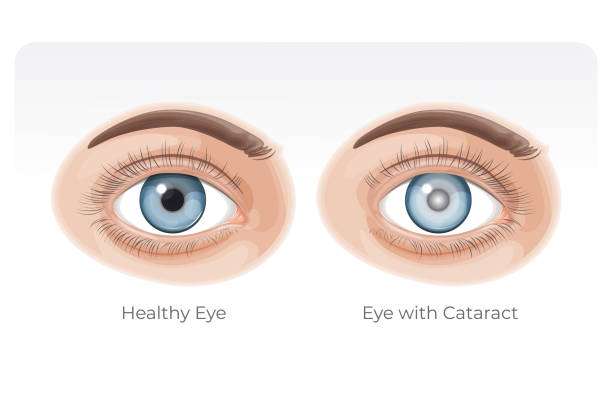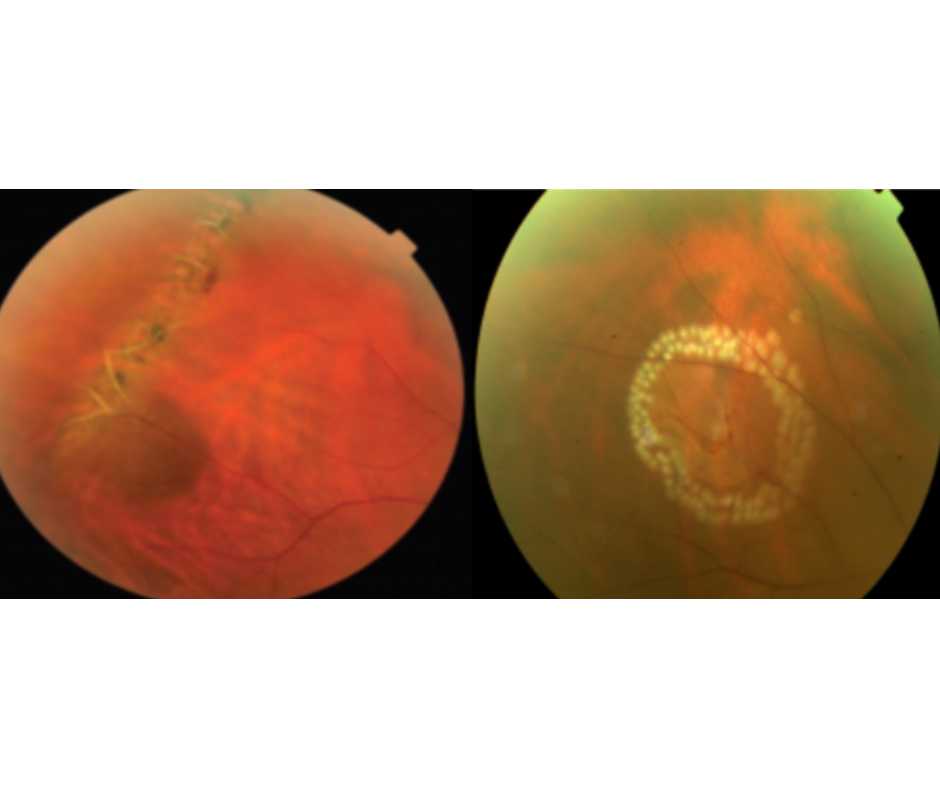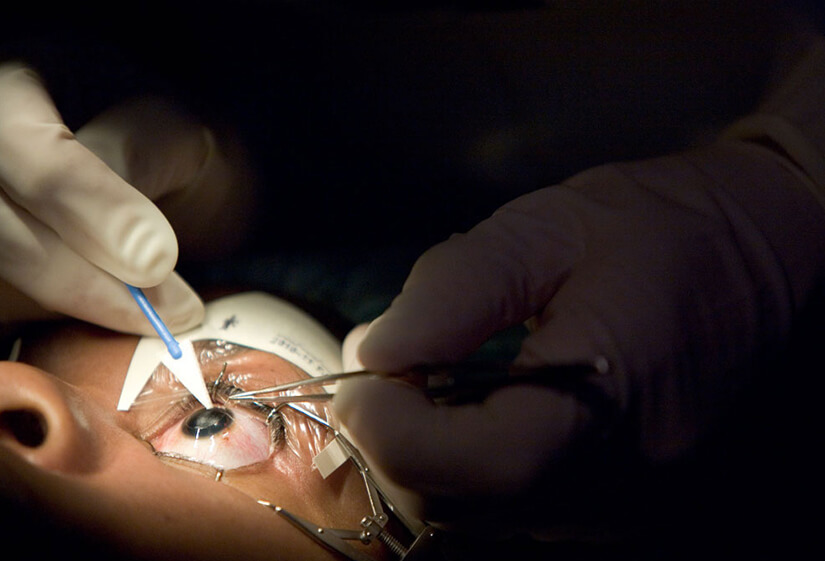Introduction:
When it comes to maintaining healthy eyesight, one of the common concerns that individuals face as they age is the development of cataracts. Cataracts are a clouding of the eye’s natural lens, which can lead to blurred vision and, if left untreated, even blindness. While cataracts are a natural part of the aging process, there are various risk factors associated with their development. In this article, we will explore the causes, risk factors, and preventive measures related to cataracts, ensuring you have the knowledge to protect your precious eyesight.
What Are Cataracts?
Cataracts Demystified:
Cataracts are essentially a clouding of the eye’s lens, which is normally clear and allows light to pass through, enabling us to see clearly. However, as we age, the proteins in the lens may start to clump together, causing cloudiness and interfering with vision. Cataracts can occur in one or both eyes and tend to develop slowly over time.

Types of Cataracts:
There are different types of cataracts, including:
Age-Related Cataracts : These are the most common type and develop as a natural part of aging.
Congenital Cataracts : These occur in infants or children and may be present at birth or develop shortly after.
Traumatic Cataracts : These result from eye injuries and can develop years after the injury.
Secondary Cataracts : These can form as a result of other medical conditions or eye surgeries.
Cataract Risk Factors
Who’s at Risk?
Cataracts can affect anyone, but certain factors increase the risk of developing them. These include:
Age:
Age is the most significant risk factor. The prevalence of cataracts tends to increase significantly among individuals
who have surpassed the age of 60..
Family History:
If there is a history of cataracts in your family, your likelihood of developing them could be elevated. If cataracts run in your family, you may be at a higher risk of developing them.
Smoking:
There is a known association between smoking and a heightened risk of cataracts. Smoking has been linked to an increased risk of cataracts. The toxins in cigarettes can harm the lens of the eye.
Excessive Sun Exposure:
Prolonged exposure to UV rays without protection may contribute to cataract formation.
Medical Conditions
Certain health conditions like diabetes and high blood pressure can increase the risk of cataracts.
Medications:
Some medications, such as corticosteroids, may promote cataract development when used over an extended period.
Preventing Cataracts:
Taking Proactive Measures
While some risk factors like age and genetics are beyond our control, there are steps we can take to reduce our risk of developing cataracts.
A Healthy Diet:
Consuming a diet rich in antioxidants, vitamins, and minerals can promote eye health.
Protect Your Eyes:
Wearing sunglasses that block UV rays and using protective eyewear during activities that carry a risk of eye injury is crucial.
Quit Smoking:
If you smoke, quitting can lower your risk of cataracts and provide numerous other health benefits.
Manage Health Conditions:
Effectively managing conditions like diabetes and hypertension can also reduce cataract risk.
Cataract Surgery:
When It’s Time for Surgery:
In cases where cataracts significantly affect vision and quality of life, surgery may be necessary. Cataract surgery is a common and highly effective procedure where the cloudy lens is replaced with an artificial one.
The Procedure:
Cataract surgery is commonly conducted as an outpatient procedure and boasts a high rate of success. Cataract surgery is typically performed on an outpatient basis and has a high success rate. It can greatly improve vision.
Recovery:
Recovery from cataract surgery is usually quick, and patients can return to their daily activities shortly afterward.
Author Details:
Dr. Sushruth Appajigowda holds a prominent position as a Cornea, Cataract, Glaucoma, and LASIK Surgeon in Bangalore. He serves as the chief Cataract and Refractive surgeon at Vijaya Nethralaya Eye Hospital, Nagarbhavi Bangalore. Renowned as one of the finest LASIK surgeons nationwide, he brings with him over 12+ years of experience across multiple LASIK platforms, including ZEISS, ALCON, SCHWIND, AMO, and Bausch and Lomb. Having successfully conducted over 5000 LASIK procedures, Dr. Sushruth holds the title of a Certified Refractive Surgeon and a Fellow of the All India Collegium Of Ophthalmology. Furthermore, he stands as a distinguished speaker at various National and International Forums, using his expertise to guide you in selecting the most suitable procedure based on your health requirements.

Conclusion:
Cataracts are a natural part of aging, but understanding the risk factors and taking preventive measures can help protect your vision. By adopting a healthy lifestyle, wearing protective eyewear, and seeking medical attention when necessary, you can maintain clear and vibrant eyesight well into your golden years.
FAQs:
What are the early signs of cataracts?
Early signs may include blurry or clouded vision, increased sensitivity to light, and difficulty seeing at night.
Can cataracts be prevented entirely?
While cataracts are a common part of aging, you can reduce your risk through lifestyle choices like diet, protection from UV rays, and quitting smoking.
Is cataract surgery safe for every individuals?
Yes, cataract surgery is generally safe and highly effective, even for older adults.
Are there any alternative treatments for cataracts?
Currently, surgery is the primary treatment for cataracts, but researchers are continually exploring new options.
What can I expect during a cataract surgery consultation?
During a consultation, your eye doctor will assess your vision and discuss the procedure, risks, and benefits with you.












